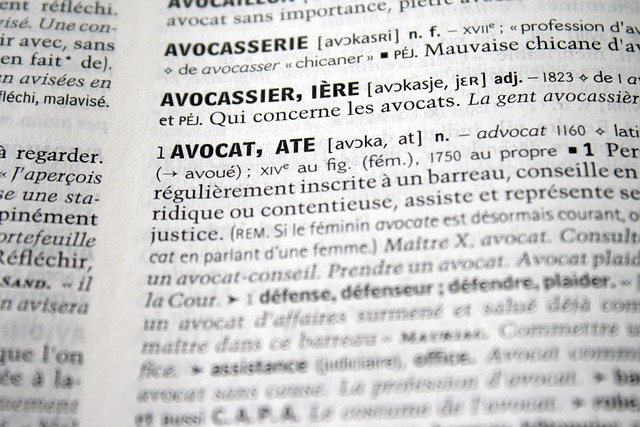The "Real Estate Litigation Process Explained" outlines the complex legal framework aimed at preventing and punishing anti-competitive practices, particularly in real estate. This process involves civil lawsuits and potential criminal charges for violations like price-fixing and market division, with severe penalties including fines, asset forfeiture, and jail time. Clients face challenges in securing specialized counsel to navigate these intricate matters. Understanding this process is vital for businesses to maintain fair competition, protect their reputation, and ensure economic growth.
“Uncover the intricate world of antitrust violation cases, especially within the real estate sector. This comprehensive guide provides a detailed look at antitrust laws and their pivotal role in maintaining fair market practices. We explore common scenarios leading to legal battles, shedding light on strategies employed by regulators. From initial complaints to potential settlements or trials, this article offers an insightful breakdown of the real estate litigation process explained, offering valuable knowledge for industry professionals.”
- Understanding Antitrust Laws and Their Purpose
- Common Types of Antitrust Violation Cases in Real Estate
- The Litigation Process: From Complaint to Settlement or Trial
Understanding Antitrust Laws and Their Purpose

Antitrust laws are designed to promote fair competition in the marketplace and protect consumers from anti-competitive practices. These laws aim to prevent companies from engaging in activities that could stifle market growth, raise prices, or limit consumer choice. Understanding antitrust regulations is crucial for businesses, especially in high-stakes cases involving real estate litigation processes. Such laws ensure a level playing field, fostering innovation and economic growth.
The Real Estate Litigation Process Explained involves navigating complex legal frameworks to address issues like price-fixing, market division, and monopolization. When a company or individual violates these antitrust regulations, it can result in significant penalties and reputational damage. For his clients facing white-collar defense challenges related to antitrust, having legal counsel well-versed in these matters is essential to mitigate risks and navigate the intricate litigation process effectively.
Common Types of Antitrust Violation Cases in Real Estate

In the realm of real estate, antitrust violation cases are not uncommon, often arising from practices that restrict competition or manipulate market forces. Common types include price-fixing, where developers or brokers collude to set artificial prices, and market division, where competitors agree to allocate territories or types of properties to avoid direct competition—a practice known as “geographic segmentation.” These behaviors hinder consumer choices and drive up costs.
The Real Estate Litigation Process Explained involves navigating all stages of the investigative and enforcement process, which may include civil lawsuits brought by regulatory bodies or private parties, as well as criminal charges for individuals or corporations involved in price-fixing or market manipulation. Both corporate and individual clients can face significant penalties, including fines, asset forfeiture, and even jail time, depending on the severity of the violation. The general criminal defense strategy often focuses on challenging the evidence, questioning witness credibility, and exploring alternative explanations to exonerate the accused or mitigate punishment.
The Litigation Process: From Complaint to Settlement or Trial

The litigation process for antitrust violation cases, often referred to as real estate litigation process explained, involves several key stages. It begins when a complaint is filed by an aggrieved party or a government agency investigating potential misconduct in the industry. The complainant alleges that specific actions taken by a company or individual violate antitrust laws designed to promote fair competition in the market.
Once the complaint is served, the accused parties have the opportunity to respond, either by filing an answer denying the allegations or by seeking dismissal of the case if they believe it lacks merit. From here, the process can lead to mediation, where both sides attempt to reach a settlement outside of court, aiming for achieving extraordinary results and avoiding lengthy trials. If mediation fails, the case may proceed to trial, where evidence is presented, witnesses are examined, and a judge or jury decides the outcome. The ultimate goal is a complete dismissal of all charges, with decisions that set precedents across the country based on the unique circumstances of each case.
The real estate industry, like any other sector, is subject to antitrust regulations aimed at fostering fair competition. Understanding these laws and their implications is crucial for both developers and investors. By recognizing common antitrust violation cases in real estate, from price-fixing to market division, stakeholders can navigate the litigation process—from complaint to settlement or trial—more effectively. This comprehensive guide, known as a Real Estate Litigation Process Explained, equips readers with vital knowledge to protect their interests and ensure compliance.






